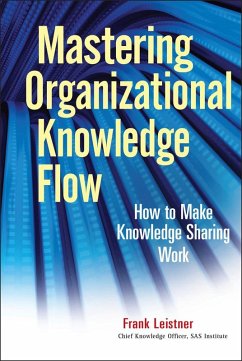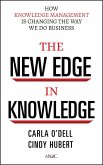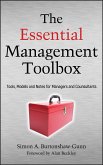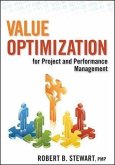Get your organization's expertise out of its silos and make it flow-with lessons from over a decade of experience
Looking at knowledge management in a holistic way, Mastering Organizational Knowledge Flow: How to Make Knowledge Sharing Work puts the proper emphasis on non-technical issues. As knowledge is deeply connected to humans, the author moves away from the often overused and therefore burned-out term "knowledge management" to the better-suited term "knowledge flow management."
Covering topics such as the power of scaling, internal marketing, measuring success, cultural aspects of sharing, and the role of Web2.0, Mastering Organizational Knowledge Flow: How to Make Knowledge Sharing Work allows you to stay up-to-date with today's knowledge flow management, and implement best practices to position your organization to take advantage of all of its assets.
Looking at knowledge management in a holistic way, Mastering Organizational Knowledge Flow: How to Make Knowledge Sharing Work puts the proper emphasis on non-technical issues. As knowledge is deeply connected to humans, the author moves away from the often overused and therefore burned-out term "knowledge management" to the better-suited term "knowledge flow management."
- Provides lessons learned and case studies from real experience
- Discusses key knowledge flow components, success factors and traps, and where to start
Covering topics such as the power of scaling, internal marketing, measuring success, cultural aspects of sharing, and the role of Web2.0, Mastering Organizational Knowledge Flow: How to Make Knowledge Sharing Work allows you to stay up-to-date with today's knowledge flow management, and implement best practices to position your organization to take advantage of all of its assets.
Dieser Download kann aus rechtlichen Gründen nur mit Rechnungsadresse in D ausgeliefert werden.









